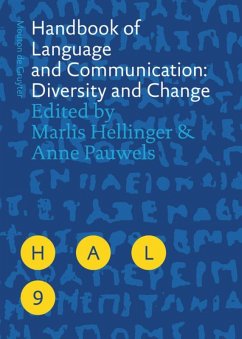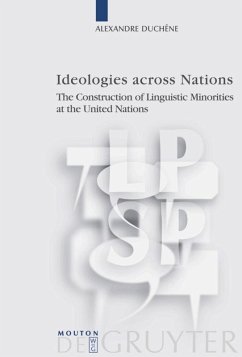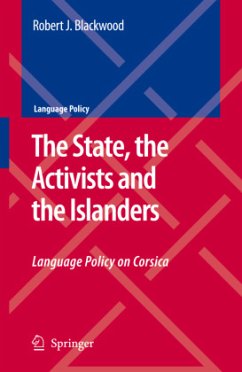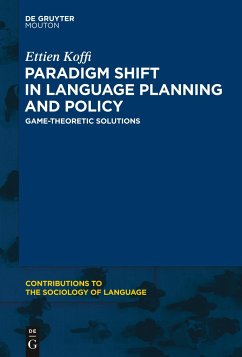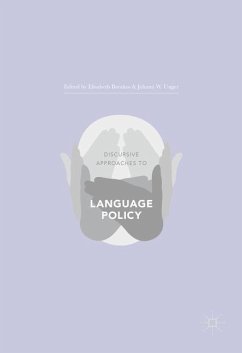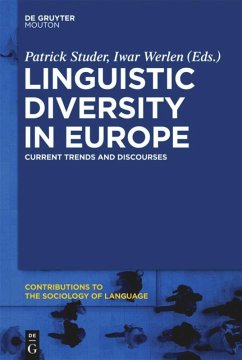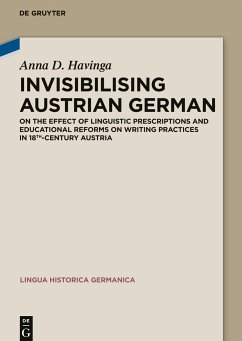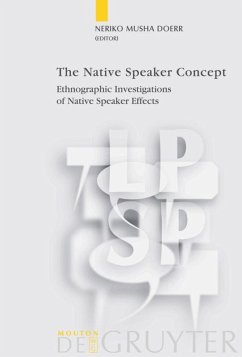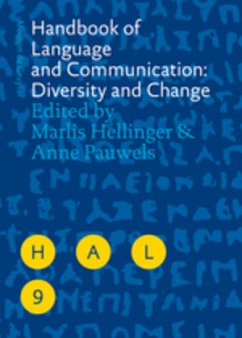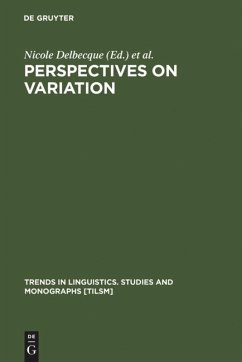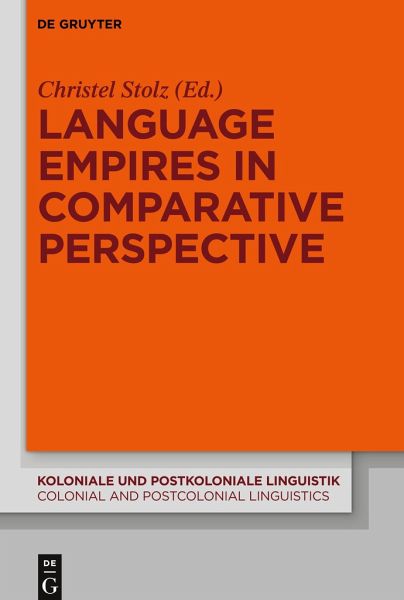
Language Empires in Comparative Perspective
Versandkostenfrei!
Versandfertig in 6-10 Tagen
113,99 €
inkl. MwSt.

PAYBACK Punkte
57 °P sammeln!
The notion of empire is associated with economic and political mechanisms of dominance. For the last decades, however, there has been a lively debate concerning the question whether this concept can be transferred to the field of linguistics, specifically to research on situations of language spread on the one hand and concomitant marginalization of minority languages on the other. The authors who contributed to this volume concur as to the applicability of the notion of empire to language-related issues. They address the processes, potential merits and drawbacks of language spread as well as ...
The notion of empire is associated with economic and political mechanisms of dominance. For the last decades, however, there has been a lively debate concerning the question whether this concept can be transferred to the field of linguistics, specifically to research on situations of language spread on the one hand and concomitant marginalization of minority languages on the other. The authors who contributed to this volume concur as to the applicability of the notion of empire to language-related issues. They address the processes, potential merits and drawbacks of language spread as well as the marginalization of minority languages, language endangerment and revitalization, contact-induced language change, the emergence of mixed languages, and identity issues. An emphasis is on the dominance of non-Western languages such as Arabic, Chinese, and, particularly, Russian. The studies demonstrate that the emergence, spread and decline of language empires is a promising area of research, particularly from a comparative perspective.





